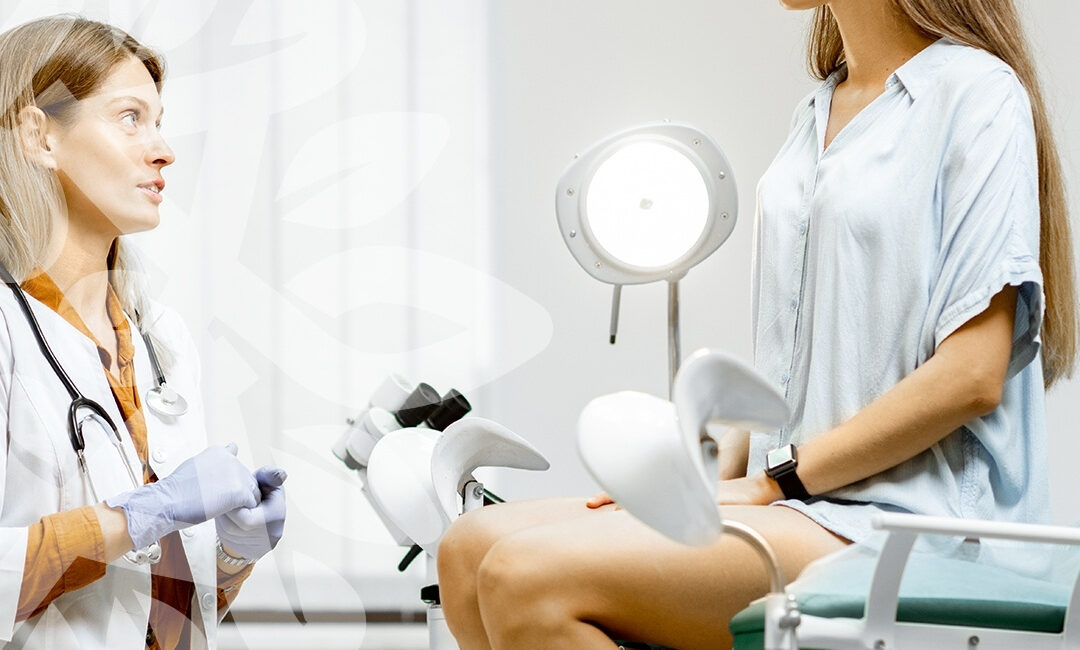The morning-after pill is a safe contraception method in emergencies but is not a suitable option for long-term use. If you have forgotten to take your regular contraception pill, the condom has broken or slipped off during intercourse, or if you have had unprotected intercourse, you can use a morning-after...
HORMONAL INTRAUTERINE DEVICE
Hormonal intrauterine devices contain a small dose of progestin, which is released into the uterus in a continuous and even manner. Unlike other hormonal contraceptives, the hormone has a localized effect and the IUD does not include estrogen. Because of that, the hormonal IUD is an option for women for...
COPPER INTRAUTERINE DEVICE
Intrauterine devices (IUD) are coils containing copper that the gynaecologist inserts into the uterus. IUDs offer efficient protection against pregnancy. It is especially suitable for women who wish to avoid a daily, weekly or monthly contraceptive regimen. The IUD can be placed in the uterus at any point during the...
COMBINED HORMONAL CONTRACEPTIVES
Combined hormonal contraceptives like pills, vaginal rings, and contraceptive patches are very efficient and trustworthy contraceptives. They prevent ovulation from occurring, make the cervical mucus more difficult for sperm to pass through and the cervical mucosa thinner. As a result, menstruation is shorter and less painful. Pills, vaginal rings, and...
CONDOM
Condoms are the only contraceptives that protect against sexually transmitted diseases. Condoms are made in different sizes and from different materials. This way, each person can find suitable for them even if they have allergies or have super sensitive skin. Polyurethane condoms are an alternative in case of latex allergy....
CONTRACEPTIVES
Finding the right contraceptive is an important decision for every woman and this decision is made easier if you consult a gynaecologist, who will help you decide based on your individual needs and wishes. The selection of contraceptives that you can pick and choose from based on your needs, is...
HPV OR HUMAN PAPILLOMAVIRUS
Human papillomavirus infection is a viral infection that spreads from person to person primarily through sexual contact. There are more than 100 types of papillomaviruses, and at least 14 types of HPV are high risk and can cause various types of cancer, such as: Cervical cancer, the most common cancer...
GONORRHOEA
Approximately half of women and 10 to 20% of men may have gonorrhoea without symptoms. Should symptoms occur, they may appear within 1 to 10 days of infection. The most common symptoms are as follows: For men - stinging feeling and unusual discharge from the penis, as well as pain...
CHLAMYDIOSIS
Chlamydiosis is the most common sexually transmitted disease in Estonia and in some other parts of the world. This is because in most cases it passes without any symptoms and therefore people may spread the disease without knowing about it. Chlamydiosis can be spread vaginally, orally, and anally, and can...
SEXUALLY TRANSMITTED DISEASE PACKAGE
The sexually transmitted disease package includes testing for all of the most common sexually transmitted diseases, for example, chlamydia, gonorrhoea, trichomoniasis, and mycoplasmosis. For women, the sample is taken from the cervix with a cotton swab. For men, the sample is taken from urine.
WHEN SHOULD YOU BE TESTED?
All sexually active people could undergo regular testing at least once per year. If you have had unprotected sexual intercourse with a new partner and are suspecting that you may have a sexually transmitted disease, we recommend that you visit us for testing 2 weeks after the intercourse. That is...
